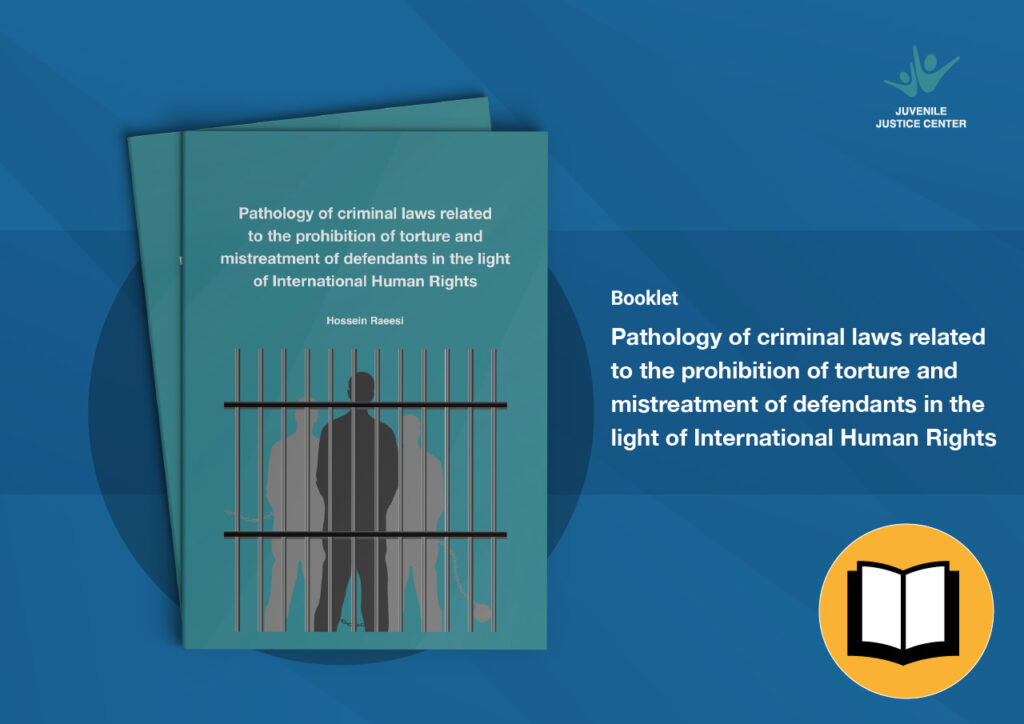Hossein Raeesi; Lawyer, human rights activist and lecturer at the Department of Law and Legal Studies, Carleton University, Canada
Pathological examination of criminal regulations gives researchers, lawyers, judges and students the possibility to provide effective sources for implementing the principles of the rule of law, the authorities of the law, and the governing principles. Pragmatically examine the implementation of criminal laws. Through this relatively modern method, the study of structured criminal regulations can be obtained from numerous legal principles governing the laws. However, the specific parts of the criminal regulations should also be reviewed.
When it comes to torture, on the one hand, the minimal laws in this field and the unwillingness of the government to Legislate and correct implementation of regulations, on the other hand, facilitate and hinder pathological studies. The study is facilitated because the harms and damages are clear. However, it is hindered by the lack of political will to reform.
Numerous incidents and countless reports of torture have emerged from prisons and detention centers, particularly following the murder of Mehsa/Zhina Amini while in the custody of the so-called moral police in September 2022, the struggle for women’s freedom has begun,
have reached this point where the government, the law enforcers and the judicial system have faced a fundamental challenge. The ineffectiveness of the existing regulations on one hand and the lack of independence of the judiciary on the other caused the prevalence of torture. Hence, the possibility of paying attention to pathological research in the current situation decreases. However, the pathological examination of criminal laws regarding the prohibition of torture in this critical social-political stage is necessary to establish order and criminal justice based on the universal principles of human rights. It pays more attention to the prohibition of torture. The findings of this research are far from the provisions of the procedure; however, It assesses the importance of the practical aspects of torture in light of the international standards of human rights.




